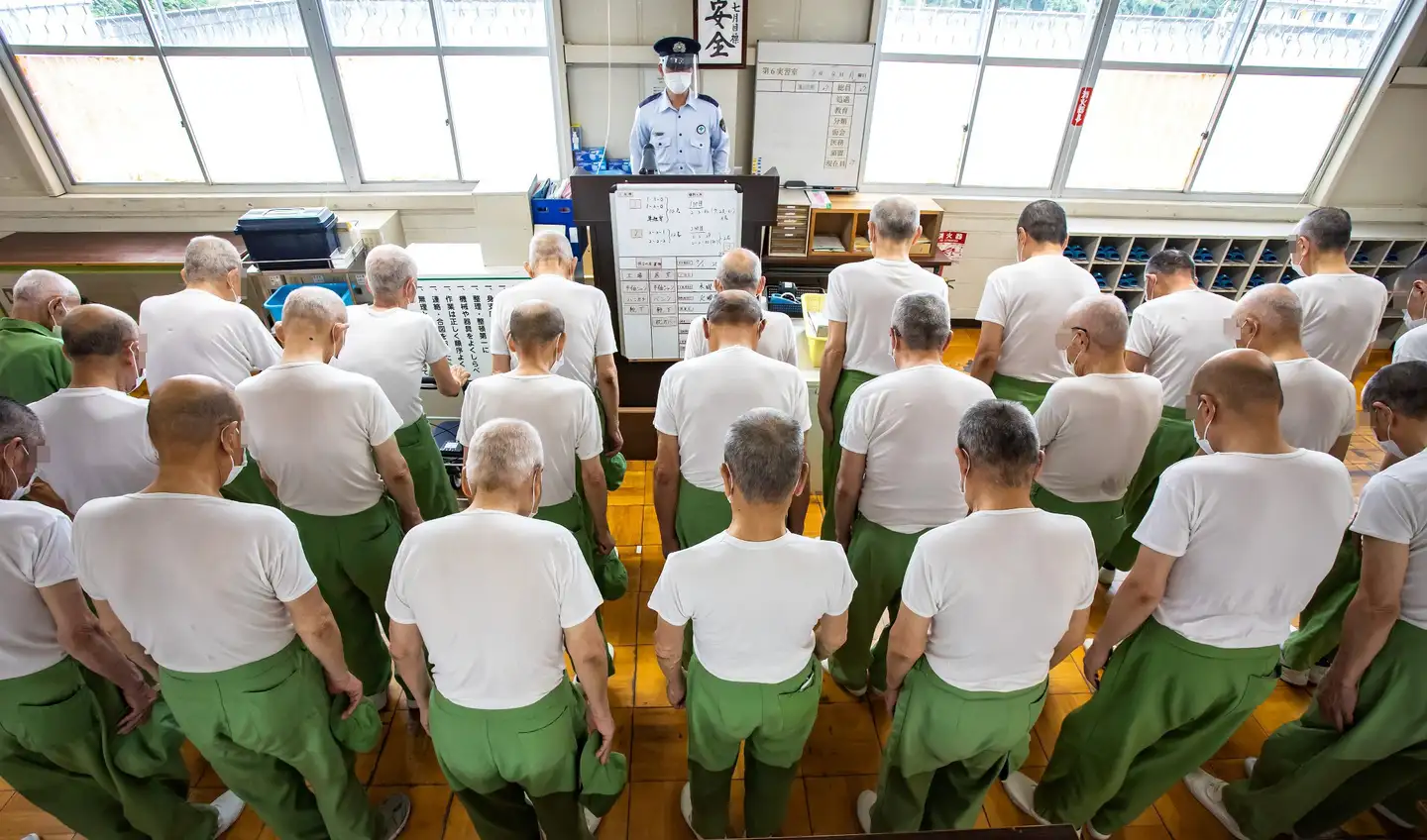Tokyo—formally known as Tokyo Metropolis (東京都)—is not only the capital of Japan but also the world’s largest metropolitan area. For many international visitors, it serves as the first impression of Japan. Often described as more prosperous than global cities such as New York, London, Paris, Hong Kong, Shanghai, and Beijing, Tokyo’s overwhelming vibrancy has been immortalized in popular culture. In the film Lost in Translation, the city’s neon-soaked chaos becomes the backdrop for an unlikely romance, illustrating how Tokyo's energy can feel both alien and intoxicating.
Population Density and Urban Scale
As of 2015, Tokyo’s 23 wards are home to approximately 13.5 million residents, while the Greater Tokyo Area boasts 36.7 million people, making it the most populous urban area in the world. Nestled at the southern edge of the Kanto Plain on Honshu Island, Tokyo spans 2,155 square kilometers, yet its population density far exceeds that of larger cities like Beijing.

Despite its scale, Tokyo is not a city of monolithic blocks. Instead, it’s a collection of intimate neighborhoods, winding alleys, and warm, personable shopkeepers—what many describe as a city of countless “small worlds.” It is this blend of magnitude and intimacy that defines the Tokyo experience.
Economic Powerhouse
While the United States, China, and Japan lead the world in national GDP, Tokyo alone has the highest GDP of any city globally. In 2016, Tokyo’s GDP reached $973 billion, accounting for nearly one-fifth of Japan’s entire economy. If Tokyo were a country, its economic output would surpass that of Canada, South Korea, or Russia, ranking it eighth worldwide.

Tokyo is often listed among the world’s top-tier cities—traditionally ranked alongside New York, London, and Paris. According to the Global Cities Index, Tokyo consistently places in the top three, a testament to its significance not only in Asia but globally.
A Global Financial Center
Tokyo is a cornerstone of international finance, ranking alongside New York and London as one of the world’s most influential financial capitals. It excels in financial openness, service sophistication, and innovation. With more than 2,300 foreign companies headquartered here—roughly 76% of all foreign firms operating in Japan—the city draws immense international business interest.

Tokyo is also home to one of the highest concentrations of Fortune Global 500 headquarters, fostering high-value industry clusters and sustaining economic dynamism across finance, technology, and manufacturing sectors.
Commercial Vitality
Tokyo’s commercial strength is immediately apparent in its iconic districts: Ginza, Shinjuku, and Shibuya.
- Ginza, Tokyo’s most luxurious area, serves as the epicenter of high-end retail and fine dining. It also houses the largest Louis Vuitton store in the world, outshining even the brand’s flagship in France.
- Shinjuku buzzes with corporate activity and nightlife, balancing its glitzy department stores with government offices.
- Shibuya, known for the famous Shibuya Crossing, is the pulse of Tokyo’s youth culture and fashion scene.

In these districts, luxury consumption is on par with the most affluent cities globally. Tokyo is one of the few places where new products from brands like Louis Vuitton, Gucci, and Burberry are released simultaneously with Paris and Milan, and in their most complete collections.
Unmatched Public Transit
Tokyo boasts the most intricate and heavily used urban rail system in the world. With an incredibly dense network of trains, subways, and trams, public transport is more than a convenience—it is a way of life.

For many Tokyoites, navigating this system is second nature. But for visitors, the web of intersecting lines and color-coded maps can be overwhelming. With no single city center, Tokyo is a multi-nodal metropolis, and the subway connects its many hubs with surgical precision. Planning routes in advance is not just helpful—it’s essential.
Cultural Brilliance
As Japan’s cultural capital, Tokyo offers a dynamic blend of tradition and modernity. It is deeply connected to its neighboring cities, forming the world’s largest contiguous urban region.

Here, visitors can immerse themselves in experiences that span centuries. One can move from the timeless serenity of Senso-ji Temple to the cutting-edge spectacle of Akihabara's tech shops, or from the classical academic ambiance of Bunkyo to the trend-setting vibrancy of Harajuku and Shibuya. Tokyo thrives on contrast—between ancient shrines and futuristic architecture, between kimonos and couture.

It is a city that does not sacrifice culture for progress. Instead, it harmonizes civility, sophistication, and modern life, making it uniquely livable. This balance earned Tokyo the title of “World’s Most Comfortable City” by the British Monocle quality of life survey.
A City That Never Stops Evolving
Tokyo is a city that impresses not just with its scale, but with the richness of its layers. It is global and local, ancient and innovative, structured and spontaneous. For travelers, it offers a never-ending journey through food, fashion, finance, and folklore.
And for those who call it home, Tokyo is not just a metropolis—it’s a mirror of modern Japanese identity, reflecting a society that continues to evolve without losing sight of its roots.
Related Articles
You may also like...
International Hostess Bar Since 1993
夢
ORIGIN
・ International Hostess Bar since 1993
・ Japanese Hospitality with International Service
・ Diverse and Charming Floor Ladies
・Located in Shinjuku, Tokyo
・Transparent Pricing
・Easy Online Reservations





.jpg)














